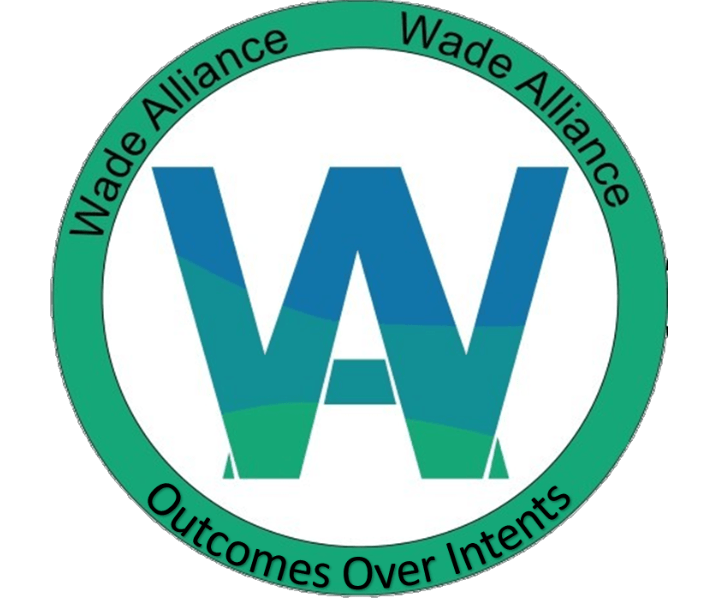Rule Follower
“All rules are equal but some are more equal than others” to paraphrase George Orwell’s pigs in Animal Farm.

Who gets to decide which rules to follow and which rules are more like suggestions?
The year I was born, interracial marriage was illegal. Same sex marriage was illegal until 2015.
Not every rule is fair or just and not every rue should be followed. As a former Army officer for more than 25 years you would think I would be the last person to advocate against following rules unconditionally. As the famous quote in “A Few Good Men” goes “We follow orders, son. We follow orders or people die. It’s that simple.” I’m sure you were expecting that other quote but this is the quote that I heard long before the movie and it highlights the importance of following orders while in uniform. So, when I say that using discretion and judgement with following rules is important, I understand the seriousness of not following rules. Following the rules can mean the difference between life and death. Today there are some laws and rules that favor one group over another and there will be more in the future. That is the nature of rules. They are not designed to please everyone but should be designed for the common good or a common objective. The obvious problem is that the people with the power have the privilege to decide what the common good means and whose interests are important. It ignores the reality that everyone does not have the same objective in mind.
Some rules are more equal than others.
There are rules like stopping for a red light or paying your taxes that have a clear foundation in maintaining society or creating safety. Other rules like restricting academic subjects or mandatory sentencing minimums reflect the values of the rule-makers with control. We will not address the unequal application of rules, that is a much larger problem. The following is a simple heuristic for helping to decide if the rule in question deserves the categorization of being beyond criticism or should be fought to be eliminated.
Even the best rules like, “Drive the speed limit” are often broken for the slightest reason like, “I’m late”. This problem-solving method is not to decide when to follow a rule but rather if the rule itself should exist as it is.
1. Does the rule harm or help people?
This is not controversial. Take the “jaywalking” rule. Pedestrians should cross at a corner and preferably with a signal. This rule favors cars but also keeps people safe. It is a good rule. There is no reason to advocate eliminating that rule. Compare that to the rule that allows election official to purge voter registration. In a system where fraud has not been proven, it puts a burden on the group being purged.
2. Does the rule apply to everyone?
Again, ignoring enforcement, it is important to see if the rule targets one group only. Not breaking and entering or committing armed robbery are examples of rules that everyone is expected to follow. Rules that protect everyone from harm create the opportunity for everyone to thrive. On the contrary, the laws that prohibit sleeping in public spaces is directed at the poor and unhoused. It is a rule that prioritizes the comfort of those with resources over the need of those without.
3. Would you enforce the rule on your own family?
If you would not want the rule applied to someone that you care about, the rule is likely unjust. The family separation policy at the border is an example of a policy that no one would approve if it happened to their family. As a counter, if my relative was caught embezzling I would expect them to pay the price and do their time.
4. Lastly, does the desire to fight the rule come from an emotional response to the messenger?
We are convinced by facts, authority and emotion. Being mindful of why we agree or disagree with a rule is challenging. We are all complex individuals with a lifetime of history and learned behavior. If a rule strikes an emotional chord, it deserves a closer look but our actions need the maturity to look for more than an emotional reason to disagree.
I was accused of not being a rule follower and had to pause before I accepted that the person is right. It seems a lifetime of following rules can have a reverse impact on a person especially when it is clear that some rules are more valued by some people than others. My hope as always is that there are rules that make things better not worse and the people making the rules have the empathy and compassion to see that they could be wrong and willing to change the rules, themselves or their views.
Comments












